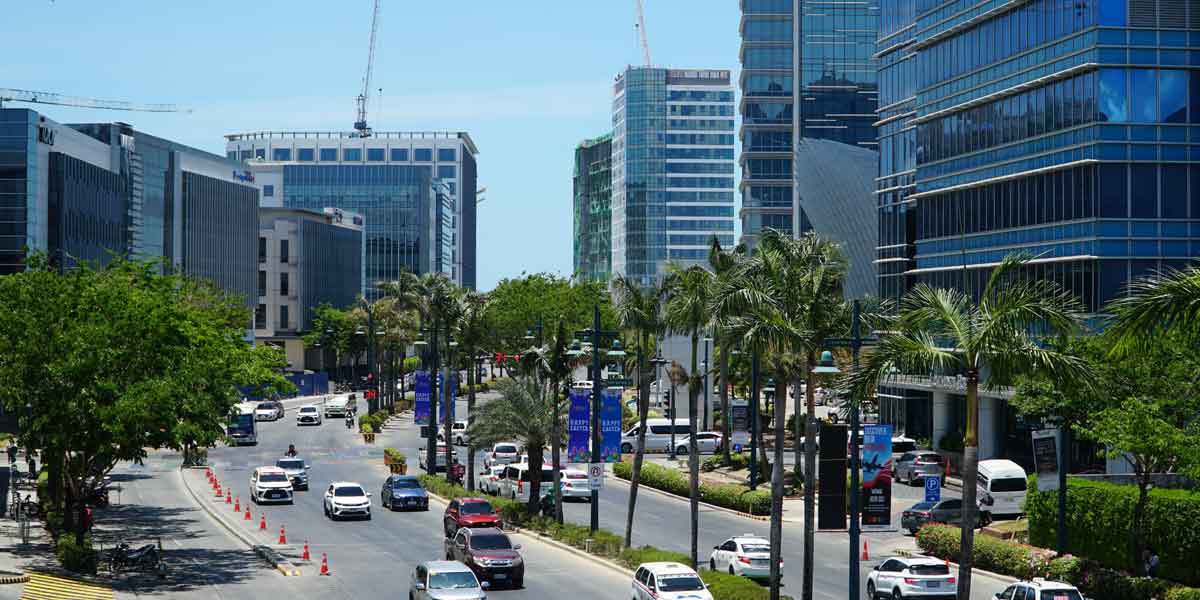The Organisation for Economic Co-operation and Development released a detailed assessment of the Philippine capital market, offering recommendations to strengthen its framework for sustainable economic growth.
The OECD unveiled the Capital Market Review of the Philippines on December 11 during an event hosted by the Securities and Exchange Commission at its Makati City headquarters.
Carmine Di Noia, OECD director for financial and enterprise affairs, said during his presentation, “I am optimistic that there is a clear momentum in the Philippine economy, that many important reforms already in the works will also support capital markets and that there is a genuine will to address perceived areas for improvement.”
The SEC requested the report in late 2023 to gain an objective, globally informed perspective on the Philippine capital market. The OECD developed the assessment through consultations with stakeholders, including government agencies, industry organizations, investors, legal and financial advisors, and securities exchanges.
“The SEC welcomes the OECD’s assessment of market conditions and the issues that have shaped our financial system over the years,” SEC Chairperson Emilio B. Aquino said.
“The report serves as a helpful guide for the SEC and affirms some of the priority areas we have identified to bring us on par with our Asian peers. We remain committed to fostering a robust and dynamic capital market, consistent with our goal of becoming one of the best in Southeast Asia,” he added.
Policy Recommendations
The OECD emphasized the need to enforce corporate governance policies to build investor confidence. Publishing corporate governance reports was highlighted as crucial for ensuring transparency and accountability in companies.
For stock exchange development, the OECD identified about 400 private enterprises with the potential to go public. It recommended measures to make listing more attractive and suggested a joint initiative between the SEC and the Philippine Stock Exchange to shorten the approval process for initial public offerings.
The OECD also advised streamlining registration processes and improving transparency in the bond market, noting its potential as a vital financing source for corporations.
To deepen the investor base, the OECD proposed relaxing certain measures for institutional investors to increase market participation.
“To deliver on the 6.5% to 8% GDP growth targets for 2024 to 2028 under the Philippine Development Plan, the country needs to close the large infrastructure investment gap and raise the capital per worker to peer levels,” the report stated.
The OECD stressed the importance of a well-functioning capital market to mobilize and allocate resources efficiently while suggesting pension and savings reforms to support inclusive growth.
Efforts to Boost the Capital Market
Since 2023, the SEC has been implementing reforms in line with the OECD’s recommendations.
The commission streamlined public offering requirements, clarified the financial information needed, and enforced a 45-day processing period. It also approved the shortened settlement cycle for equity trades from three days to two, allowing faster proceeds for investors and reducing risk exposure for trading participants.
In 2024, the SEC removed the minimum commission charged by stockbrokers to enhance competitiveness and issued guidelines for cornerstone investors in IPOs to boost demand.
To support key industries, the SEC simplified securities registration for power generation firms, electricity distributors, and real estate companies engaged in investment contracts and profit-sharing arrangements.
Additionally, the SEC promoted crowdfunding as an alternative funding option for small and medium-sized enterprises through roadshows organized by its Office for the Advancement of Strategic Investments in SMEs.
“The results of the OECD assessment affirm that we are moving in the right direction,” Aquino said. “The SEC is committed to continuing these reforms and achieving our vision of a robust and dynamic financial sector.”






















